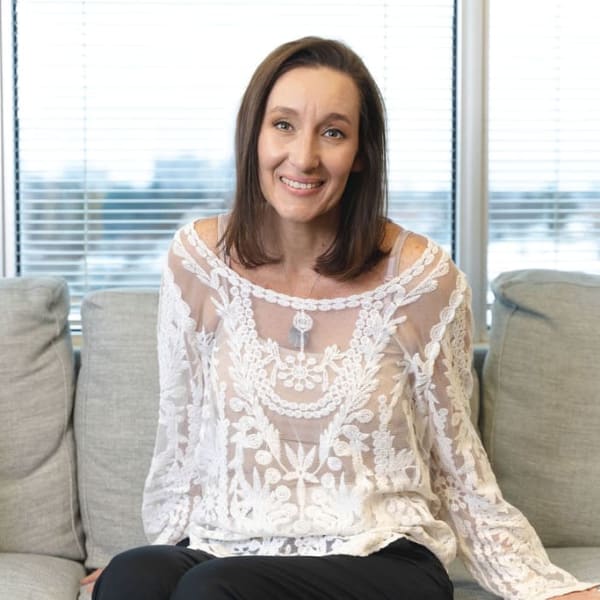You Are Who You Hang Out With

We have all heard the adage that you are what you eat. But have you considered that you are who you hang out with?
My wise mother would always say, “If you lie with dogs, you get fleas.” Now, not every dog has fleas, but if the one you happened to lie with did have fleas … well, we can then assume that you would eventually find a few.
My mother wasn’t worried about my long-term desire to lie with dogs; her advice echoed her concern about who I let into my inner circle.
If we explore this further, consider motivational speaker Jim Rohn’s declaration that you are the average of the five people you spend the most time with. This is because they tend to shape who you are. They determine what conversations dominate your attention and affect which attitudes and behaviors you are regularly exposed to. As a result, you may eventually start to think and behave as they do.
Who Are Your 5 People?
We function in a variety of environments; work, family and friends. Have you noticed you may gravitate toward people who share the same values as you do at work? Perhaps share the same political ideologies?
And, as you spend more time with these people, your views change? Perhaps their views change? Or if there is no change in beliefs, maybe the friendship/relationship dwindles, or you don’t ascribe as much weight or value to that specific connection?
So, ask yourself: Who do you spend the most time with? Who are the people you most admire? Are those two groups of people the same?
Don’t just take into account the actual people you spend time with; consider the virtual community you are part of, too — who you follow on social media and what you watch on YouTube.
I was part of a Facebook group, and while the members sometimes gave great advice and shared valuable insights, there were many adult bullies and whiners who constantly bemoaned their fate. The cyber energy of that group was not for me, and the occasional pearl of wisdom I received was not worth the negativity that could filter through the screen and into my subconscious.
I left the group and have never looked back.
The Next Generation
Parents especially have to be very mindful of the environment we create for our children because we establish that first intimate bubble of people from which they formulate their ideas and values.
As our children get older and develop different “learning social bubbles,” their views change, too. Perhaps they confront what was once “normal” or “expected.” They hang out with friends who have different views and opinions, so they see different things in other homes. They formulate their opinions from each of these experiences.
Try this free mini meditation, Mindful Listening to Improve Communication, by meditation teacher Lisa Kring for better communication with your connections.
Header photo: monkeybusinessimages/istock/Getty Images Plus







